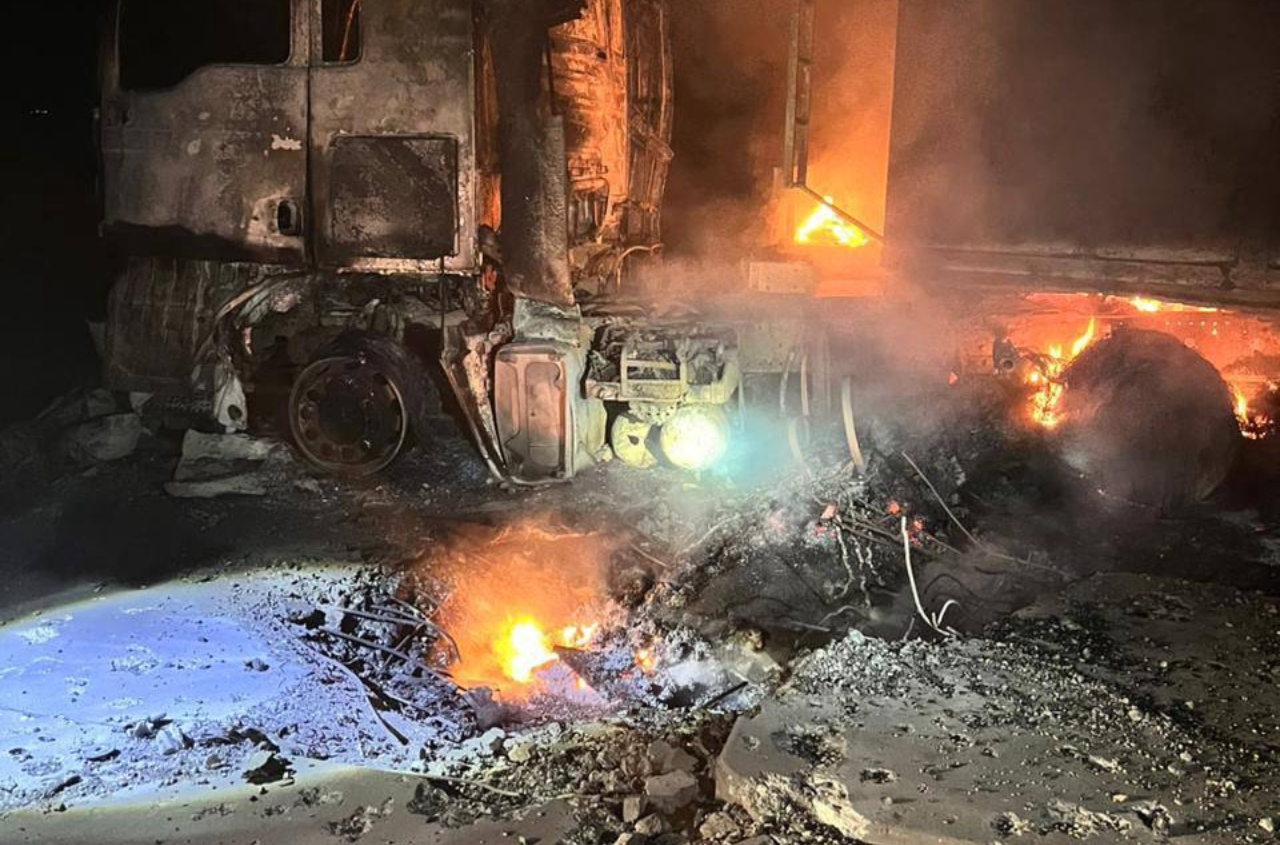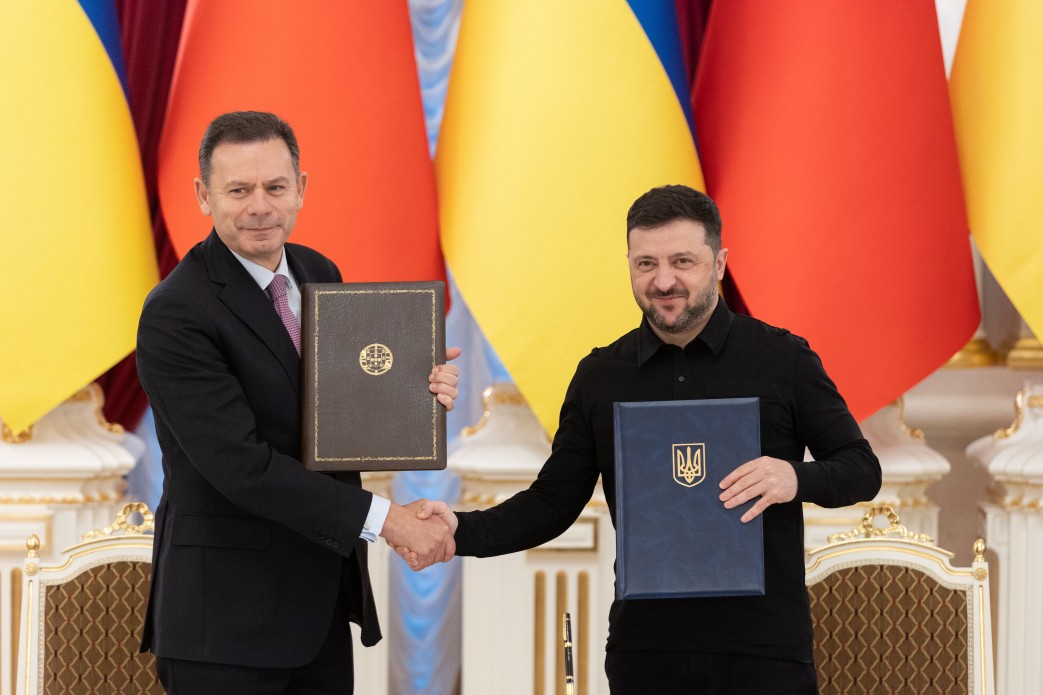Russia's most combat-capable troops are currently sustaining Russian advances towards Pokrovsk, and Russia's offensive operations are emblematic of the wider Russian theory of victory in Ukraine, premised on seemingly indefinite grinding tactical advances. Russia's continuous and complete prioritization of the Pokrovsk direction will likely impact Russia's overall combat capabilities in Ukraine in the aftermath of any Pokrovsk scenario, especially as the Kremlin tries to balance gains in Pokrovsk with defending against the Ukrainian incursion into Kursk region.
Ukrainian Commander-in-Chief Colonel General Oleksandr Syrskyi stated during a press conference on August 27 that one of Ukraine's main goals in launching the Kursk incursion was to divert Russian forces from critical areas of the front, and that Russia anticipated this goal and is instead concentrating its main efforts and strengthening its presence in the Pokrovsk direction.
Syrskyi also reported that Russia has redeployed over 30,000 troops from other unspecified sectors of the frontline in Ukraine to Kursk region and forecasted that this number will continue to grow while noting that Russia is simultaneously intensifying its efforts in the Pokrovsk direction. Syrskyi's observations cohere with ISW's current assessment that the Russian military command continues to prioritize the Pokrovsk front over pushing Ukrainian forces from Kursk region. ISW has previously noted that ISW has not observed evidence of Russia redeploying units currently engaged near Pokrovsk to Kursk region but has observed evidence of Russia instead deploying reserve units and units from non-critical sectors of the front, which likely accounts for the bulk of the 30,000 troops redeployed to Kursk region that Syrskyi noted.
Syrskyi's statements suggest that the Russian military command remains unwilling to redeploy troops currently fighting near Pokrovsk and will continue to prioritize using these relatively more combat-capable troops to secure tactical gains and maintain the initiative in Donetsk region. The apparent continued Russian prioritization of territorial gains near Pokrovsk is consistent with Russian President Vladimir Putin's articulated theory of victory in Ukraine, which assumes that Russian forces maintain the initiative and pursue a constant grinding war of attrition to outlast Ukraine and Ukraine's partners.
The Russian offensive effort around Pokrovsk will eventually culminate, although the timeline for which Russian forces will reach culmination remains unclear. ISW is not prepared to forecast an imminent culmination, especially as Russian forces escalate the rate of advances in this area and Ukrainian forces retreat to prepared defensive positions west of Hrodivka that in principle should be more advantageous to defend. The redeployment of 30,000 Russian troops to Kursk region could eventually degrade Russian capabilities in the Ukrainian theater writ large, however, following the culmination of the Pokrovsk offensive. ISW has previously assessed that Ukraine's operations in Kursk region have already had theater-wide operational and strategic effects on Russian forces, and Ukraine's incursion into Kursk region has challenged Putin's theory of victory by seizing the initiative in a new area of operations while degrading Russia's ability to maintain the long-term initiative in certain sectors of the front within Ukraine.
The Russian command is clearly currently prioritizing Pokrovsk, but that calculus will likely change depending on when Russian forces culminate in the area, and the command will eventually need to fully reckon with reorienting its priorities to repelling Ukrainian troops from Kursk region. Russian forces have notably advanced fewer than 10 km east of Bakhmut following Russia’s pyrrhic seizure of Bakhmut in May 2023 and Russian forces that expend themselves in the Pokrovsk direction may face similar exhaustion following their culmination.
ISW maintains that it is too early to draw definitive conclusions on the long-term effects of the Kursk operation but offers an assessment of the implications of Syrskyi's statements to provide an analysis of how and to what effect Russian battlefield priorities may impact their future offensive capacity.




















